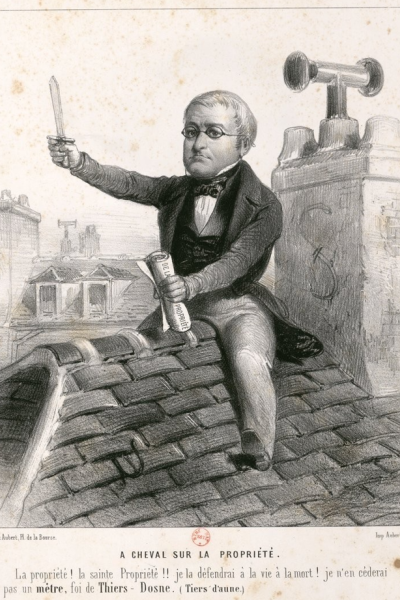(source: https://www.centrodeestudiosandaluces.es/noticias/el-origen-del-regionalismo-en-la-europa-contemporanea)
THE ORIGIN OF REGIONALISM
IN CONTEMPORARY EUROPE
International Congress
May 16-17, 2024
Location: Andújar, Jaén
(Spain)
Academic Coordination
Francisco Acosta Ramírez,
University of Córdoba
Sara Moreno Tejada,
Miguel Hernández University - Elche
Academic Secretariat
Ana López Navío,
University of Jaén
Thursday, May 16, 2024
: Caballerizas Room, Don
Gome Palace
17:30 - 18:30
Institutional Inauguration Ceremony
Mr. Director of the
Center for Andalusian Studies, Mr. Tristán Pertiñez
Mr. President of the
Provincial Government of Jaén, Mr. Francisco Reyes, Institute of Giennenses
Studies
Mr. Mayor of the City of
Andújar, Mr. Francisco Carmona Limón
Mr. Dean of the Faculty
of Social and Juridical Sciences, Mr. Félix Grande Torraleja
18:00 - 18:30 Opening
Lecture
Blas Infante and the
Sovereign Board of Andújar in 1835
Javier Delmás Infante,
Vice President of the Blas Infante Foundation
18:30 - 18:45 Break
18:45 - 20:15 Panel 1:
"From Region to Autonomy: Considerations for the Spanish Case."
Moderator: Sara Moreno
Tejada
Regionalism or regional
idea during the Bourbon Restoration
Isabel Ramos Vázquez,
University of Jaén
The normative framework
of Autonomy: parliamentary debate on its historical milestones
Ana López Navío,
University of Jaén
The Andalusian process or
the disruption of the state autonomy model
Francisco Acosta Ramírez,
University of Córdoba
Friday, May 17, 2024
10:00 - 11:30 Panel 2:
"The Ius Singulare in Spain. Historical Roots Regionalism."
Moderator: Francisco
Acosta Ramírez
Regionalism in foral
version (1839-1893)
Mikel Lizarraga Rada,
Public University of Navarra
The long journey of
regionalism in Catalonia: elements for reflection
Antoni
M. Jordà Fernández, Rovira i Virgili University, Tarragona
The origins of Valencian
Autonomy: regionalism and projects of commonwealth
José
Antonio Pérez Juan / Sara Moreno Tejada, Miguel Hernández University - Elche -
11:30 - 11:45 Break
11:45 - 13:15 Panel 3:
"The Origin of Regional Autonomy in Other Territories."
Moderator: Ana López
Navio
Galicianism and region:
in search of a new territorial organization
Eduardo Cebreiros
Álvarez, University of A Coruña
Regionalism by grievance:
León and Castile or the reaffirmation of a historical political identity
Félix
J. Martínez Llorente / Emiliano González Díez, University of Valladolid
The Supreme Central Board
of the Andalusias in the origin of Andalusian autonomous consciousness
Miguel
Ángel Chamocho Cantudo, University of Jaén
17:30 - 19:00 Panel 4:
"The Origin of Regional Autonomy in Europe. Some Examples."
Moderator: José Antonio
Pérez Juan
Regionalism and democracy
in Italy: from the constituent assembly to the lack of constitutional
application (1946-1976)
Marco
Fioravanti, University of Rome "Tor Vergata" - Italy -
Regionalism in France
against the centralist State
Tiphaine le Yoncourt,
University of Rennes 1 - France -
The regionalist movement
in France: the case of Brittany
Thierry Hamon, University
of Rennes 1 - France -
Regionalism
in Portugal
José
Subtil, Autonomous University of Lisbon - Portugal -
19:00
- 19:30 Congress Conclusions
Sara
Moreno Tejada
More information are available here











